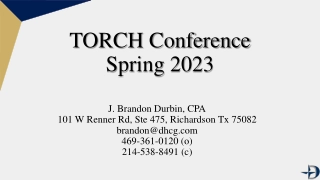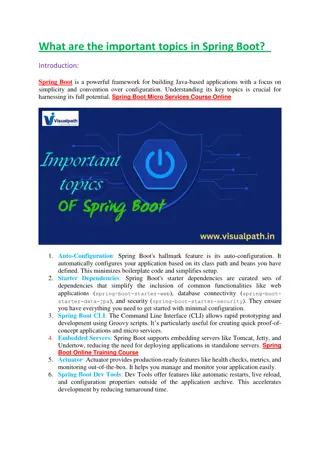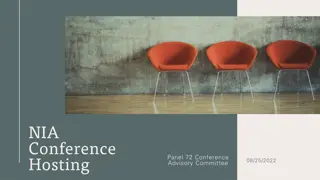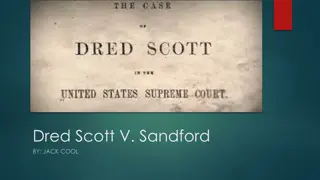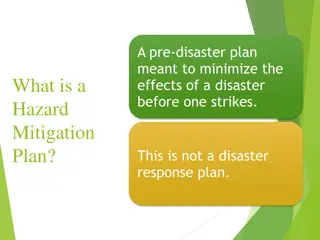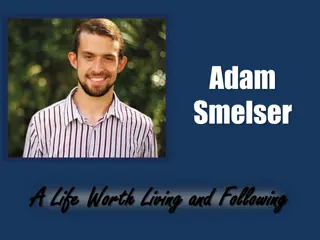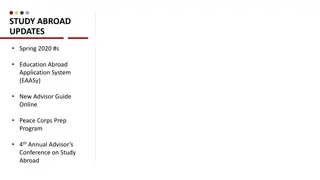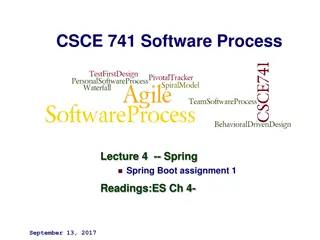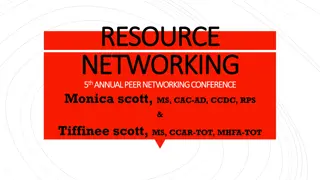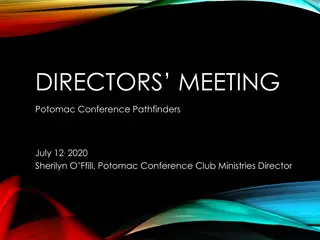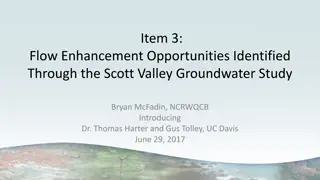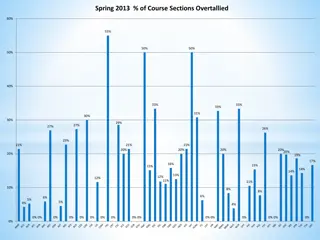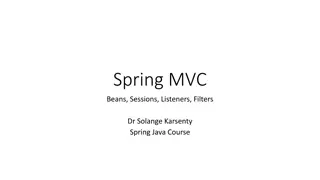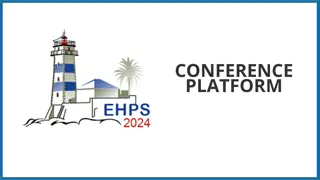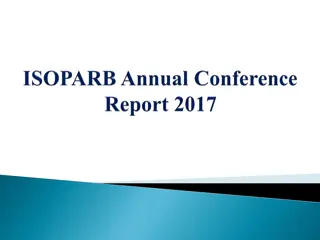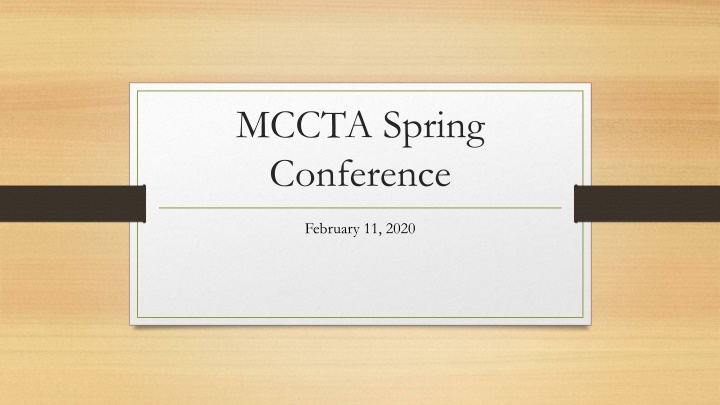
Missouri Education Funding and Policy Updates 2020
Stay informed about the latest developments in Missouri's education sector, including K-12 funding challenges, charter school expansion debates, and voucher tax credit proposals. Learn about key organizations involved and important funding recommendations for improving educational resources and transportation. Understand the potential impact on public accountability, enrollment practices, and academic quality. Keep up-to-date with the evolving education legislation in Missouri.
Download Presentation

Please find below an Image/Link to download the presentation.
The content on the website is provided AS IS for your information and personal use only. It may not be sold, licensed, or shared on other websites without obtaining consent from the author. If you encounter any issues during the download, it is possible that the publisher has removed the file from their server.
You are allowed to download the files provided on this website for personal or commercial use, subject to the condition that they are used lawfully. All files are the property of their respective owners.
The content on the website is provided AS IS for your information and personal use only. It may not be sold, licensed, or shared on other websites without obtaining consent from the author.
E N D
Presentation Transcript
MCCTA Spring Conference February 11, 2020
The School Administrators Coalition The Missouri Association of School Administrators (MASA) The Missouri Association of Elementary School Principals (MAESP) The Missouri Association of Secondary School Principals (MoASSP) The Missouri State High School Activities Association (MSHSAA) The Missouri United School Insurance Council (MUSIC) The Missouri Association of School Business Officials (MoASBO) The Missouri Association of Rural Education (MARE) The Missouri K-8 Association (K-8) The Missouri Council of Administrators of Special Education (Mo-CASE) The Missouri Association of School Personnel Administrators (MOASPA)
K-12 Funding Foundation Formula According to DESE s last calculation, the legislature will need to appropriate approximately $1.5 million in new money to achieve full funding of the formula. Full funding of the formula has been achieved for three years in a row. Transportation Funding Governor Parson has recommended that the school transportation categorical receive approximately $117.5 million. If this recommendation comes to fruition, it will be a $10 million increase over last year s expended amount. Based upon FY 19 transportation figures, this is will mean that we are approximately $200 million underfunded on school transportation.
Charter School Expansion Charter School Expansion (SB 649 and SB 603) Expansion would be permitted to any school districts within a first-class charter county, and to municipalities with 30,000 residents or more. Nonresident student enrollment is also permitted which means that there will be open enrollment for charter schools in the state. Creates a different standard of accountability for charter schools. Meaning, charter schools will not be held accountable to the same measures as public school districts.
Charter School Expansion (Contd) Our organizations are opposed to charter school expansion due to a variety of reasons: No public accountability. Inequitable enrollment practices Inefficiency/Wasted Funds Academic Quality
Voucher Tax Credits Voucher Tax Credits (SB 581 and HB 1733) Both bills create a voucher tax credit scheme that would siphon $50 million dollars away from the general revenue fund each year. The same fund that is used to fund the foundation formula and the school transportation categorical. The voucher program would allow any student who resides within a first-class charter county or municipality with 30,000 residents or more to participate in the program (public school students, private school students and home school students). (This is not limited to special needs as it was in previous years). The maximum amount per student is set at $6,375 (the State Adequacy Target) and $11,156 for special needs students. Students may use the voucher funds to enroll in private schools and public schools that are not the resident district.
Voucher Tax Credits (Contd) Our organizations are opposed for a variety of reasons: If either SB 581 or HB 1733 become law, it would mean that Missouri would have the most deregulated voucher program in the country. Vouchers have not been proven to actually assist students academically. If enacted, $50 million would be taken away from the general revenue fund. If you extrapolate these figures over a 10-year period, it would mean that at a minimum $500 million would be taken from general revenue. Both bills permit discrimination by private schools (race, gender, religion, disability, etc.).
Property Assessments HB 1489, HB 1710, HB 1860, HB 1894, HB 1907, HB 1957, HJR 77, HJR 85, SB 579, SB 675, SB 676, SB 705, SJR 41, SJR 43, SJR 48 Places caps on the growth of real property in the amount of 5%, 10%, 15% or by CPI. The constitutional referendum is needed to authorize the legislature to place artificial caps on property assessment increases Requires physical inspections of property Puts the burden of proof on assessors in valuation determinations
Property Assessments Our organizations are opposed for a variety of reasons: Artificial caps on property assessment increases will lead to lower total assessed value for school districts. When assessors cannot perform their job requirements (physical inspections and defending their valuations) due to lack of resources, this would likely result in lower total assessed values and the entities harmed will be schools and other taxing jurisdictions. The joint resolutions would require assessors to ignore the uniformity clause in our state's constitution and will lead to unfair assessments between neighboring properties. As a result, the higher taxed property would likely appeal to the Board of Equalization to lower their property values to that of their neighbor, resulting in lower total assessed value.


